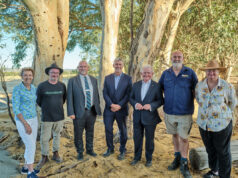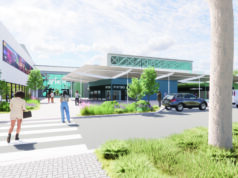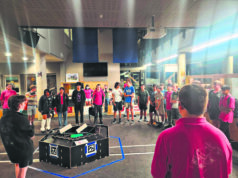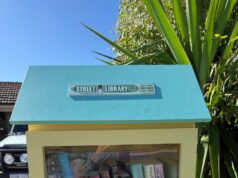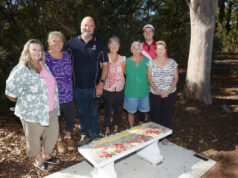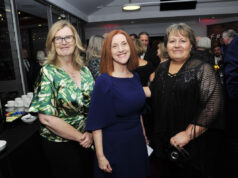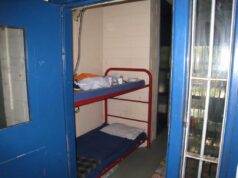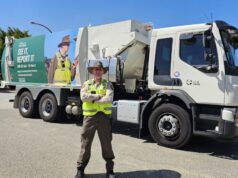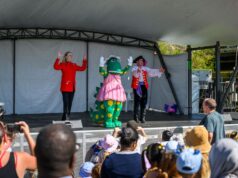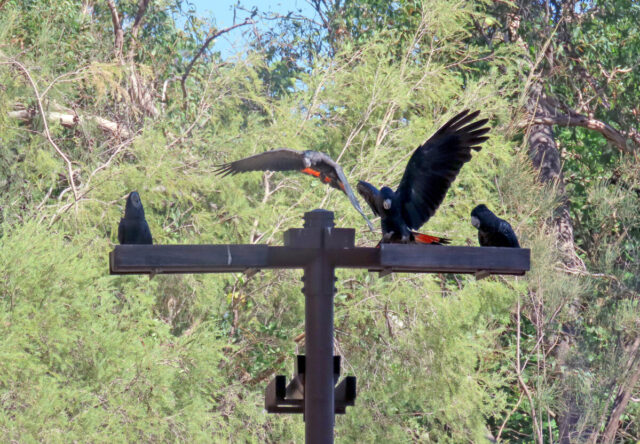
The Forest Red-tailed Black Cockatoos have been spotted enjoying fresh water from a newly installed trough in the Gosnells wetland, offering a welcome respite as temperatures rise and natural water sources dry up.
Perched safely above the ground, out of reach of predators, people and vehicles, the elevated waterer is part of the City of Gosnells’ ongoing efforts to protect native birdlife, especially its threatened black cockatoo species.
Mayor Terresa Lynes said the area is home to three black cockatoo species listed as threatened: the Forest Red-tailed, Baudin’s, and Carnaby’s Black Cockatoos.
“The Friends of Mary Carroll Wetland have reported sightings of black cockatoos foraging at this renowned wetland throughout the summer,” Mayor Lynes said.
She added, “By adding the waterer, we’re providing crucial support to these special birds year-round.”
The waterer at Mary Carroll Park follows the City’s first installation at Mills Park in 2022. Another is on the way to William Lane Reserve.
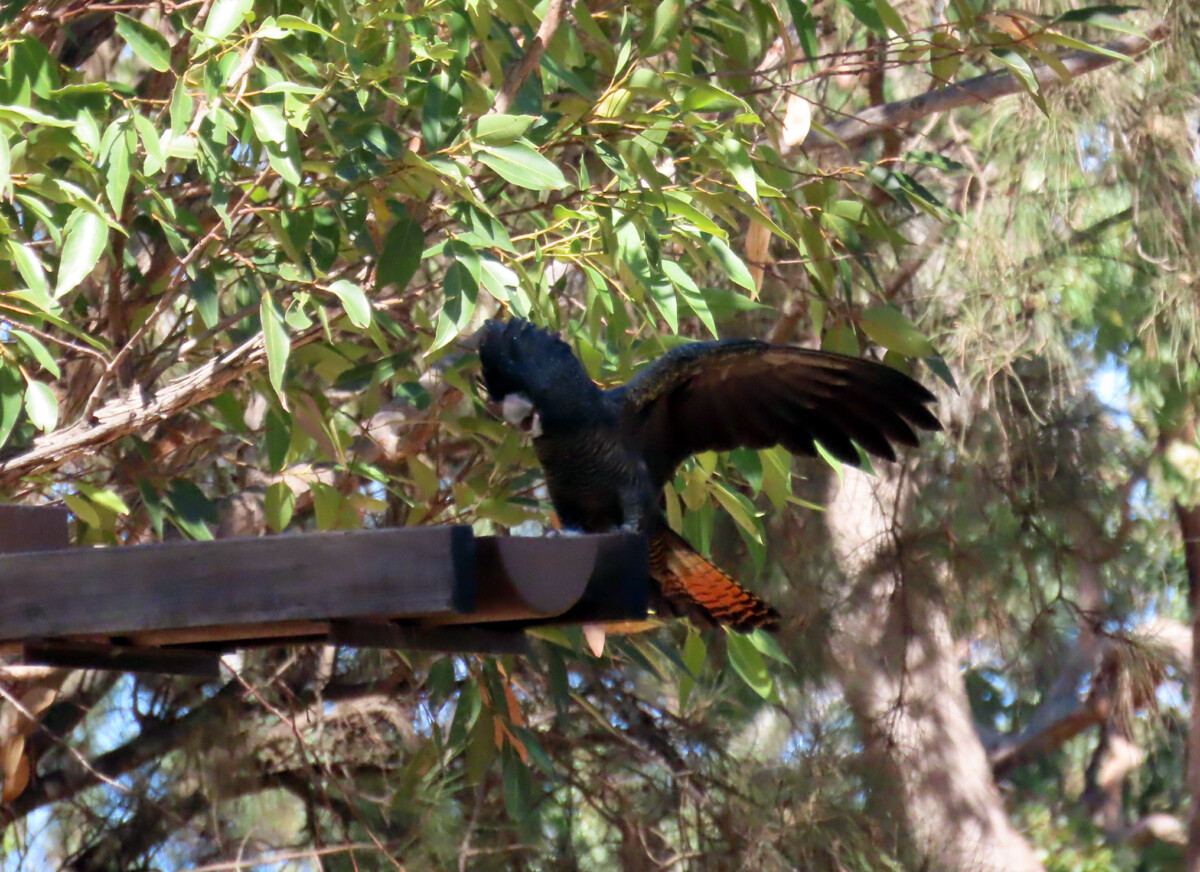
But water is only part of the picture. The City is also tackling the broader challenge of habitat loss and climate change by installing artificial nesting hollows, called cockatubes, and managing invasive species. Over 12,500 trees were planted in 2024 alone, including nearly 1,000 marri trees, a favorite of black cockatoos.
Residents are also being invited to join the conservation effort. Through the annual Plants for Locals event, the City offers free native plants to help people turn their backyards into bird havens.
“We want to encourage local residents to join us to help protect black cockatoos by maintaining large, established trees on their properties, growing native plants in their gardens, caring for street trees on their verges, or even by sponsoring a tree in the City’s Community Forest,” said Mayor Lynes.
With thoughtful planning and community involvement, the City of Gosnells is giving its iconic black cockatoos a better chance to thrive—one water trough at a time.


